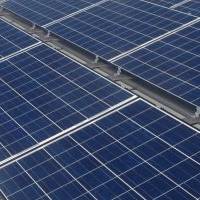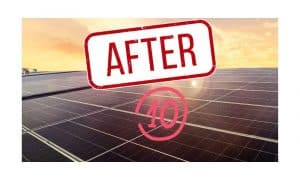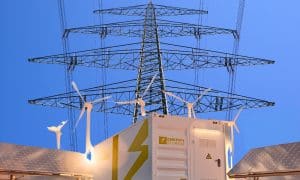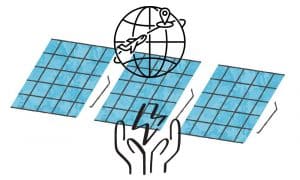Good news can be scant in the poverty-stricken and war-torn country of Somalia – but renewable energy is set to provide improved conditions for many households.
Earlier this month, the European Union (EU) and Adventist Development and Relief Agency announced the launch of a project that will bring renewable energy to 100,000 Somali households.
The 3-year Somali Energy Transformation (SET) project will take place in Somaliland, Puntland and South Central Somalia.
The initiative consists of solar photovoltaic market development, solar powered irrigation and community electrification schemes, along with the promotion of efficient cooking stoves and other elements.
“The EU believes in this innovative project which will change the lives of many Somalis,” said the EU Ambassador to Somalia, Michele Cervone d’Urso.
“Expanded access to electricity will improve access to water, health and education services, and will boost job opportunities. We hope the project will bring a transformational change by spreading the use of renewable energies throughout Somalia.”
Mains electricity is practically non-existent in the country and available to only 10% of the population. According to the latest figures available from the U.S. Energy Information Administration, the nation’s electricity generation capacity is just 80MW (2012).
The population of Somalia is around 10.5 million (2013); so that works out to less than 8 watts generation capacity per person.
A single company is responsible for the majority of electricity generation and supply in the nation – Ente Nazionale Energia Elettrica (ENEE). All ENEE’s power generation is diesel-based and most of it is situated around the capital Mogadishu.
In addition to having significant solar resources, half of the country has wind resources significant enough to harness with wind turbines.
Another solar power program currently under way in Somalia is a Norway-funded initiative in Beledweyne. Hiraan Online reports solar panels are being deployed across the city.
While these sorts of projects may seem tiny compared to what we see in other regions of the world, just a few watts of solar panels can make a huge difference in peoples lives. A solar single lamp can increase productivity and remove the health risks associated with the use other fuels such as kerosene for lighting. These fuels are also very expensive, reinforcing energy and general poverty.

















































